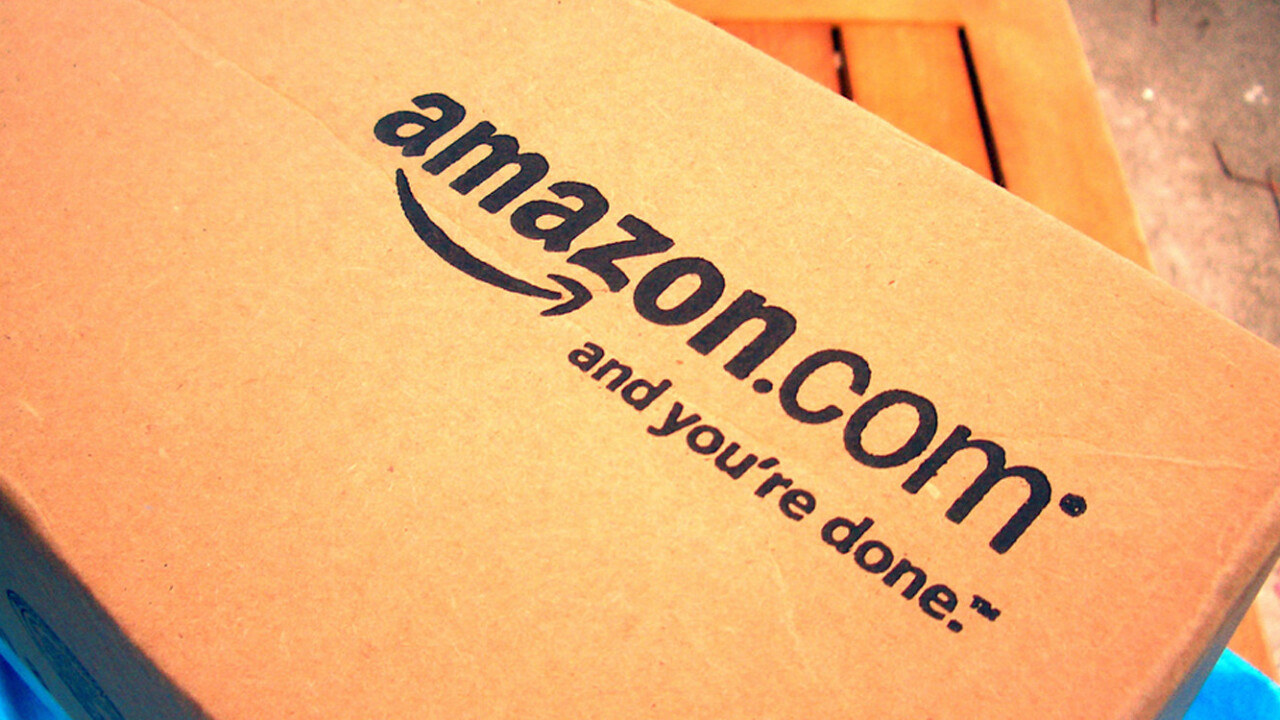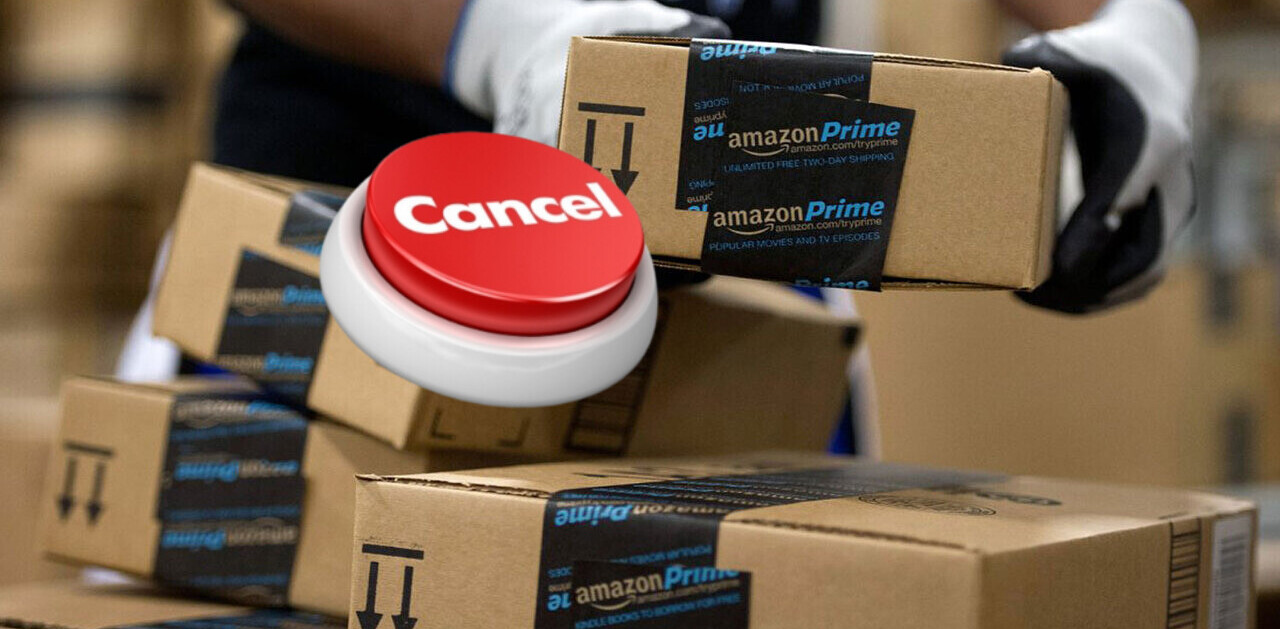
The Consumer Fraud Centre, a site that highlights the sale of counterfeit and fraudulent consumer goods has called upon Amazon to step up its anti-counterfeiting measures.
According to a statement today, the Consumer Fraud Center said that grey market and counterfeit goods are rife on the retail site and that although measures are in place to extend anti-counterfeiting protections on the Kindle, products on the website more widely require improvement.
James Lee, executive director for the Consumer Fraud Center said:
“Amazon’s sales practices with respect to the Kindle stand in stark contrast to the way the company sells other consumer products and illustrates the lack of willpower keeping Amazon from instituting basic safeguards to protect consumers from fake products. Unlike virtually every other consumer product sold on its site, Amazon forbids the sale of ‘new’ Kindles from anyone other than Amazon, thereby ensuring the authenticity of Kindles being sold.”
The Consumer Fraud Center says that Amazon protects its own consumer product but not other items on sale and has noted this as a double standard.
The American site has listed changes that it would like to see implemented by Amazon. Adjustments include the addition of anti-counterfeiting protections in the same manner of those available on eBay, an end to unverified third-party use of trademarks and copyrighted material without owner’s consent and an end to ‘drop shipments‘ of unverified goods to Amazon warehouses directly from China.
The Consumer Fraud Center says that it gave Amazon its highest warning alert due to the number of consumer complaints it was receiving. The site works through a network of consumers who submit reports on counterfeit goods sold on websites to create a database of products that is then searchable.
The Consumer Fraud Center is a clearing house for consumer-driven reporting. The site says that it “is not a site for bashing companies over customer service or related experiences”. However, Lee’s strongly-worded statement continues:
“It’s the height of hypocrisy that Amazon aggressively protects its own products, but does next to nothing to ensure the same level of protection for other products sold on its site. This almost cavalier attitude shows a reckless disregard for protecting consumers and instead demonstrates Amazon’s intent to dominate online shopping at all costs, no matter the harm to consumers, manufacturers or local governments from lost tax revenues.”
Though naturally no one likes to receive counterfeited goods that can be of questionable quality and are not covered by warranties, there is a follow-on negative affect that impacts genuine brands and sellers.
If counterfeit goods are successfully sold and appear to be associated with legitimate branding, then subsequent product reviews and critiques can be unduly savage if users are not aware that their item is not the real deal.
Keeping an open market is clearly advantageous to Amazon as a welcoming platform for genuine retailers, but protecting consumers is also highly important if the giant wants to avoid legal cases from consumers or indeed sellers like Tre Milano who brought about a case against Amazon chasing counterfeit retailers.
Image Credit: MikeBlogs / Flickr
Get the TNW newsletter
Get the most important tech news in your inbox each week.





